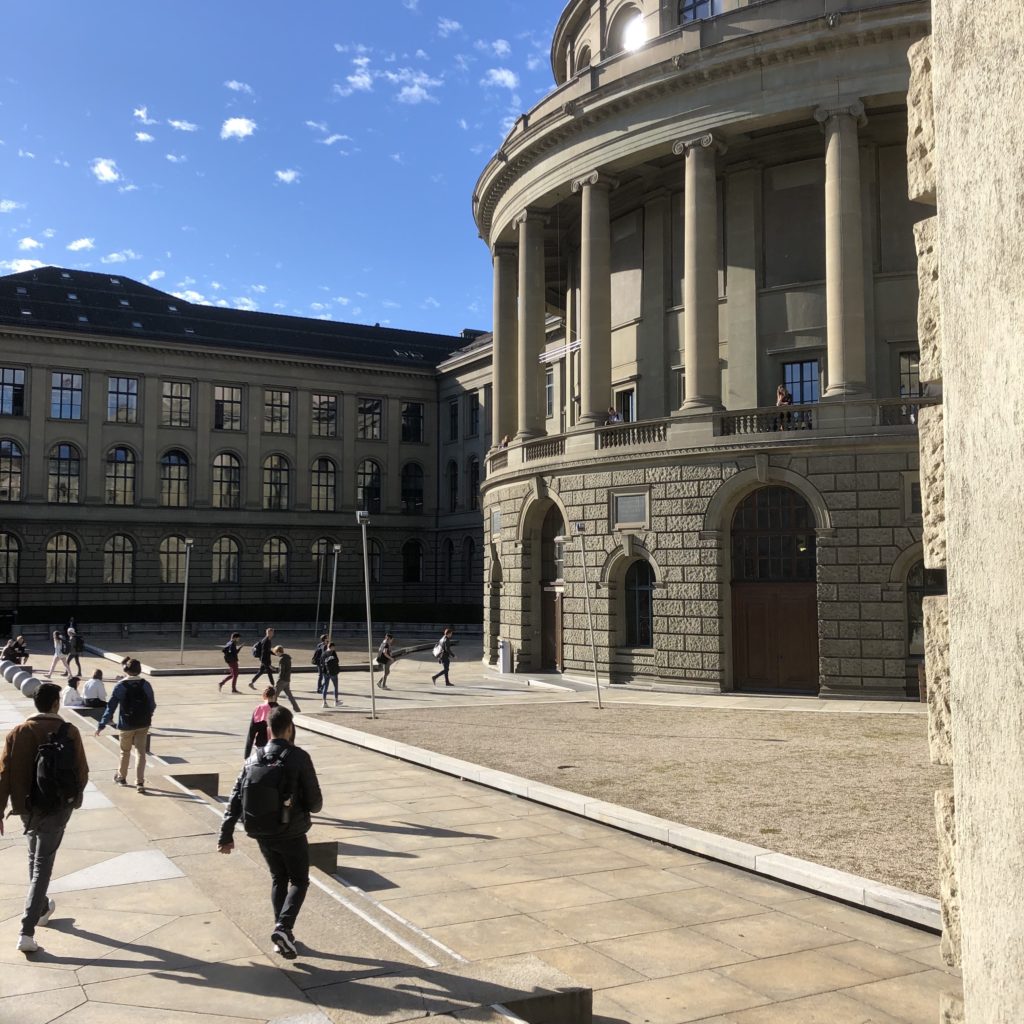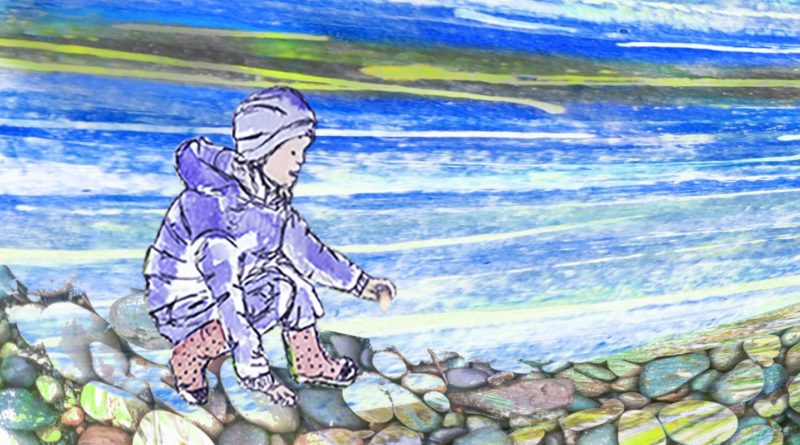Your Child and the Flexible Swiss Education System
When expat families arrive in Switzerland, one of their first concerns is the Swiss school system. Whether they are British, American, German or French, they find the Swiss system strange and confusing. Questions abound: Why do so few Swiss have a gymnasium (academic high school) education or enter the Swiss university system? Why do students in some German-speaking cantons learn French in the fourth grade while others begin in the sixth grade? Is my child lost if he/she does not pass an entrance exam to the gymnasium or is not recommended for the top level in secondary school? Are vocational schools and apprenticeships for less intelligent children? Over the years, I have heard all of these questions and witnessed a good bit of head scratching as parents try to figure out the Swiss system. Despite the high cost of international schools, many families feel they are right for them, and certainly there are many highly qualified private schools in Switzerland. But I think that if you plan to stay in Switzerland for many years or permanently, the Swiss system has a lot to offer. A little transparency goes a long way toward fathoming this unique system. Switzerland’s education system is decentralized, which means that the cantons have their own education departments and therefore decision-making capabilities. Initially, children are schooled together according to age and not ability. This practice ensures diversity but can pose challenges for teachers, because children from diverse cultural and linguistic backgrounds all come together in one class. At about age five,children attend the kindergarten for oneor twoyears: here children learn through play. Following this, children begin their primary school education: emphasis is placed on myriad subjects such as math, geometry, French, German,English, music, arts and crafts, and man and the environment. Primary school may last from four to six years, depending on the canton where you reside. Afterward, children begin their secondary education,which is tracked according to scholastic ability (with anywhere from two to four different academic levels). Children are mainly tracked into one of two pathways: vocational or academic.
Despite its reputation as a rigid structural system, the Swiss school system is actually very flexible from this point onward. Children can change levels, moving either up or down in individual subjects or entire levels depending on their interests and ability (this is often as much about eagerness and diligence as intelligence). Secondary education is mandatory for all children up to age 15. It is at this point that the paths truly diverge: apprenticeship or gymnasium. Most Swiss teens start an apprenticeship that combines working in a company (applied training) with specific classes focused on their vocation, e.g., a book trader may attend school two full days and take classes in history, modern European literature,poetry, accounting, marketing, etc., and work three full days in a book store until the apprenticeship is finished. Apprenticeships generally last three to four years.If children want to attend gymnasium, and many expats do aim for this, then high performance is required. Depending on the canton, this can be as early as after the fifth primary class or as late as after the third secondary class. Entrance to the gymnasium is riddled with stress for parents and children alike. There is a challenging entrance examination, which demands that students be proficient in math, geometry and languages: many students prepare with extra classes, or tutoring, in addition to preparation in their school class. This is where many of our expat friends have massive concerns. They feel that all children should have the chance to attend the gymnasium and university and don’t understand why this isn’t so. This arises from a misunderstanding of the Swiss educational system. The university education in Switzerland requires the Matura (or further courses, or university entrance tests) and is extremely focused on classical theoretical academics: biology, physics, theoretical engineering subjects, English literature, economics, Latin, and philosophy, among others. Professions that might be entered through a university in other countries, like nursing, business and marketing, applied engineering and technical fields, etc. are entered through an apprenticeship in Switzerland and are combined with focused training and applied studies that can also lead to a bachelor’s or master’s degree. Primary school teachers attend a special teachers’ college and do not attend the gymnasium (in some canton’s these teachers receive a Matura suitable for some future studies while in other cantons they do not). As far as future salaries and employment are concerned, those students who choose an apprenticeship path are not disadvantaged in anyway.
Recently, Switzerland modernized their higher educational systems (in accordance with the Bologna Reform). At this time, the decision was made to foster inclusion and accessibility with other European school systems. For this to work,the Swiss also had to increase the mobility of their college/university preparation structures. This had the effect of opening up channels for students to change from one of the two two-main Swiss educational pathways.
Currently, students who earn bachelor’s degrees from vocational colleges or academic universities can choose to carry on at other schools world-wide (or participate in exchange programs at other universities outside of Switzerland).
There is even the possibility for students to “bridge” the two Swiss pathways: vocation vs academic. They can leave onepathway to join another. Students who attend the gymnasium and complete a “Matura” (a higher matriculation certificate) can now choose to pursue a more applied study at a vocational college too: they must spend an extra year working in a practicum in an area they wish to pursue, e.g. banking, before entering a vocational college. Likewise, students who have completed an apprenticeship and the additional vocational matriculation“Berufsmatura” can attend a purely academic study at one of the Swiss universities if they complete the year-long intensive study: the“Passerelle”or gateway and pass examinations. They can also complete a special work-study option, the “Zweitweg Matura” or second path to matriculation, which usually takes 4 years.A further possibility exists: students can take an entrance exam test for a Swiss university without having completed a Matura, e.g. the ETH.

Whether your child does an apprenticeship in electronics with vocational studies and then a bachelors in Switzerland and a master’s degree in Delft, or completes the gymnasium but then leaves the university to pursue a vocational business training, the Swiss school system is flexible enough to accommodate them. All in all, there are as many paths to success and happiness as there are pebbles on the beach –the key is to find the right pebble for your child.
Text and photos by Dr. Daniel Mueller
Daniel is a Swiss earth scientist and finance expert. He loves to hike and travel with his American wife and sons,collecting rocks and fossils wherever he goes! He currently works as a university strategist at the ETH, in Zurich. He has three adult sons, and two grandchildren.
Illustration by Lemady Rochard
Lemady is an artist and illustrator who also runs Storycraft classes and parties for children at the mal_Raum art studio in Ruschlikon, ZH. She has a background in theatre arts and children’s literature. Lemady lives near Einsiedeln SZ with her family. Contact her: Storycraft.ch@outlook.com Facebook: www.facebook.com/lemadyart




